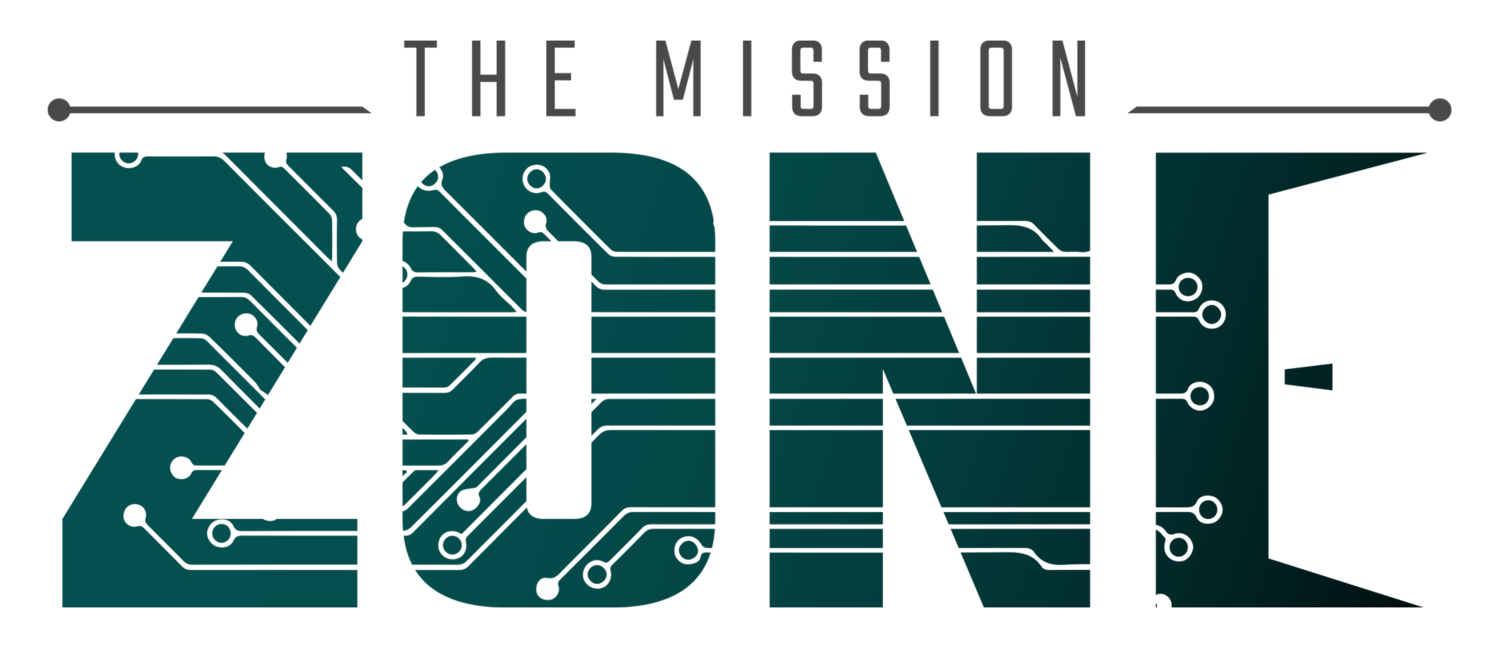Learning is the process of
- Paying attention,
- Absorbing information,
- Storing that information for the long-term, and
- Recalling it when necessary
Often we mistake this with teaching, which is the process of imparting knowledge and providing information through instruction. (Ian McRae) I would argue that implicit in the act of teaching is ensuring that the student understands the information presented. Certainly, competent teachers do this.
Checking the box on teaching, does not automatically mean that the knowledge presented is learned by the student. Teaching occupies only steps 1 and 2 above. New technologies and apps do a good job at improving these 2 steps, Sometimes they are able to touch on making step 3 more effective, but that is not always the case.
What has shown to improve the process of remembering and building the problem solving skills necessary for recollection at the appropriate time, is experiential learning. The act of experiencing a situation and moving through our environment to solve a challenge, makes that memory sticky. The student employs all senses as part of the memory. In addition, the simulation of using that knowledge in life, provides context for the memory.
Example - One could teach that gravity is represented by 32 feet/sec/sec and that force = mass x velocity. Those are nice formulas. A teacher could present that in a classroom and students could memorize it. But for how long? Are those formulas particularly memorable?
But imagine if those lessons were taught as part of the objective of assigning a student the mission of shooting a softball at the target of a dunk tank to sink his boss sitting over a tub of ice water. The student has 1 shot to get the calculations correct and calibrate an air cannon to aim at the target. Do you think that student might be hyper-accurate with his calculations? Do you think he would remember those formulas 3 months later if a similar objective presented itself?
Knowledge needs context (a story) for it to be memorable. And students need creative real-life experiential challenges as part of developing problem solving skills to use that knowledge. This applies for any student. At TheMissionZone, we aim to make possible real-life experiences that leverage knowledge. When you layer an experience on top of teaching, you get really deep learning. People can truly get smarter. If it works, maybe your boss would get in that dunk tank. Super Fun!

